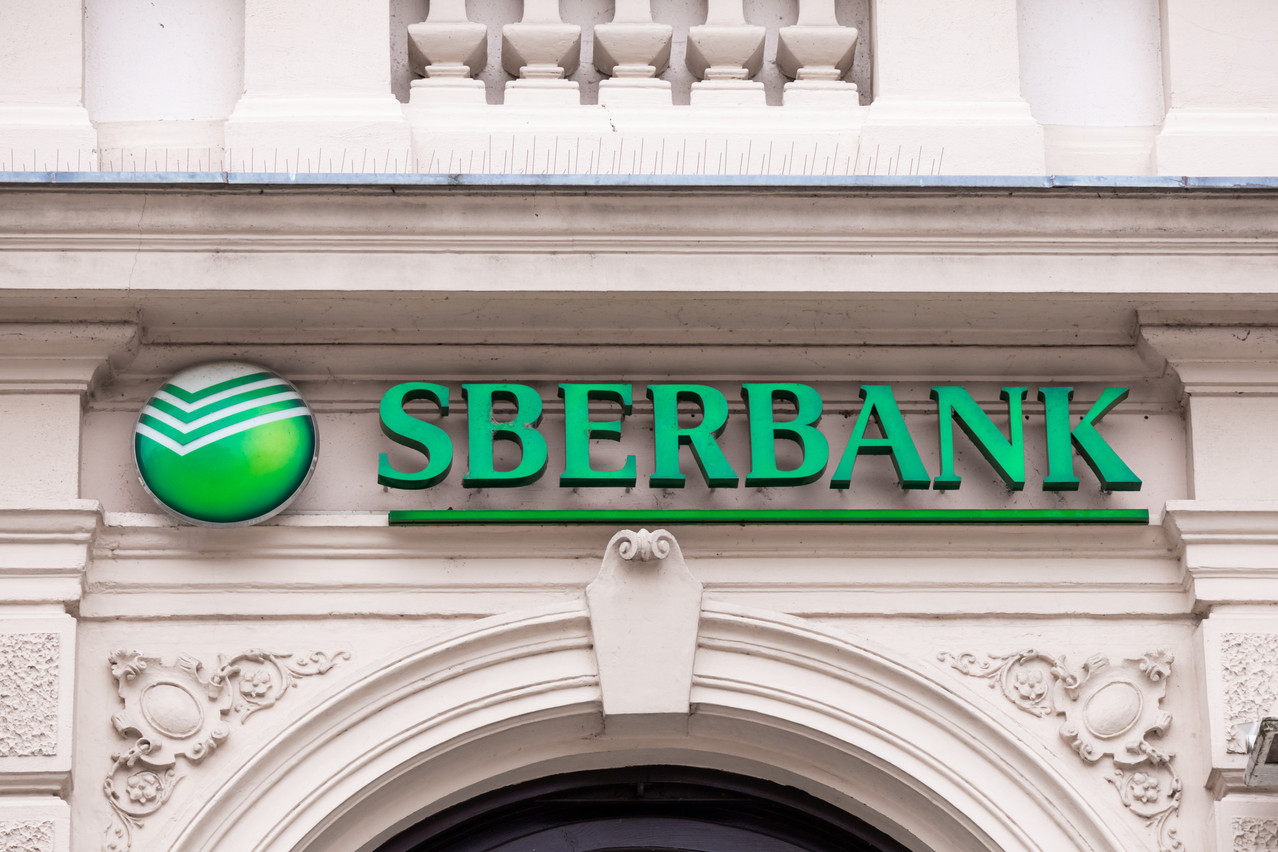The European Commission has filed its sixth package of sanctions against Russia, including an , and will exclude three Russian banks from the Swift financial messaging network, including Sberbank. “Sberbank is the largest Russian bank, with 37% of the Russian banking sector. So it is a good thing that we are now excluding Sberbank from Swift,” said commission president Ursula von der Leyen on the evening of 30 May.
According to Russian central bank data, Sberbank is Russia's largest systemic bank, with assets under management of ₽37.5trn. The bank has about 100m customers in its domestic market.
In the wake of the announcement of the new EU sanctions package, Sberbank said on 31 May that the sanctions would have no impact on its operations. “Cutting off Swift does not change the current situation in international settlements. Russian operations are not dependent on Swift and will be carried out by the bank in standard mode,” it said in a press release.
EU joins US and UK
In its third set of sanctions against Russia, concluded on 2 March, the EU executive had already prevented seven Russian financial institutions from participating in the Swift network, namely Bank Otkritie, Novikombank, Promsvyazbank, Rossiya Bank, Sovcombank, Vnesheconombank (VEB) and VTB Bank.
On 6 April, the United States and the United Kingdom jointly decided to add Sberbank to their respective sanctions lists. On 8 May, the US extended its sanctions to eight Sberbank executives.
Sberbank's removal from Swift once again puts the spotlight on Russia's ability to service its debt, as concerns about this have grown since the invasion of Ukraine. “Due to the blocking sanctions imposed on Sberbank by the US and the UK, the international financial infrastructure is preventing [Sberbank] from making payments to investors as stated in the issuance documents,” the bank said in a press release on 24 May.
Alternative system under development
On 30 May, Russian finance minister Anton Siluanov announced that he is working on a Russian bond settlement system that would allow investors to bypass the Western payment infrastructure. Investors would have to open a foreign currency account and another rouble account in a Russian credit institution. They would then make the bond payments in roubles, which would be converted into foreign currency via the Russian settlement infrastructure, the National Settlement Depository (NSD), before transferring them to the investor's foreign currency account. This process is reminiscent of European oil purchase payments via Gazprombank.
A few days after Russia's invasion of Ukraine, Sberbank announced that it was leaving the European market following the bankruptcy of several of its subsidiaries. On 28 February, the European Central Bank (ECB) reported that Sberbank Europe, the European subsidiary of the Russian bank domiciled in Austria, was bankrupt or likely to be. Sberbank Europe had experienced massive deposit withdrawals, deteriorating its liquidity position. In addition to its parent company in Austria, Sberbank Europe has subsidiaries in Croatia and Slovenia.
This story was first published in French on . It has been translated and edited for Delano.
